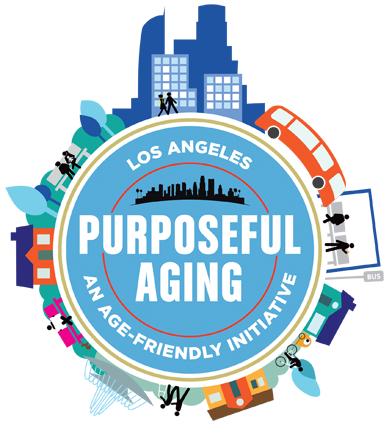Who is a Mandated Reporter?
A Mandated Reporter refers to any individual who has taken on the responsibility, whether compensated or not, for the care or custody of an elder or dependent adult. This includes administrators, supervisors, and licensed staff of facilities providing care or services for elder/dependent adults, as well as elder/dependent adult care custodians, health practitioners, clergy members, and employees of county adult protective services or local law enforcement agencies (WIC 15630[a])
- Ministers
- Priests
- Rabbis
- Religious practitioners, or
- Similar functionaries of a church, synagogue temple, mosque, or any other recognized religious denomination or organization
Administrators or employees of any of the following public or private entities, or anyone providing care or services for elders/dependent adults, including members of the support/maintenance staff:
- Twenty-four hour healthcare facilities
- Clinics
- Home health agencies
- Agencies providing publicly funded in-home supportive services, nutrition services, or other home and community based support services
- Community based adult services (previously known as adult day health care centers)
- Secondary schools that serve 18 to 22 year old dependent adults and postsecondary educational institutions that serve elders/dependent adults
- Independent living centers
- Camps
- Alzheimer’s disease day care resource centers
- Community care facilities and residential care facilities for the elderly
- Respite care facilities
- Foster homes
- Vocational rehabilitation facilities and work activity centers
- Designated area agencies on aging
- Regional centers for persons with developmental disabilities
- State Department of Social Services and State Department of Health Services licensing divisions
- County welfare departments
- Office of patients’ right advocates and clients’ rights advocates, including attorneys
- The Office of the Long-Term Care Ombudsman
- Offices of public conservators, public guardians, and court investigators
- Any protection or advocacy agency or other entity that is designated by the Governor to fulfill the requirements and assurances of the following:
- The federal Developmental Disabilities Assistance and Bill of Rights Act of 2000 for protection and advocacy of the rights of persons with developmental disabilities
- The Protection and Advocacy for the Mentally III Individuals Act of 1986 for the protection and advocacy of the rights of persons with mental illness
- Humane societies and animal control agencies
- Fire departments
- Offices of environmental health and building code enforcement
- Any other protective, public, sectarian, mental health, private assistance/advocacy agency, or person providing health/social services to elders/dependent adults
- Employees of a county welfare department, except employees who do not work directly with elders/dependent adults as part of their official duties
- City police
- County sheriffs
- Probation department
This does not include employees who do not work directly with elders/dependent adults as part of their official duties.
- Physicians and surgeons, licensed/unlicensed residents, and interns
- Nursing home administrators, nurse’s aides, orderlies, and anyone else paid for providing care in a nursing home
- Psychologist and psychological assistants
- Licensed professional clinical counselors
- Dentists and dental hygienists
- Medical examiners
- Psychiatrists
- Coroners
- Pharmacists
- Social workers
- Physical/occupational therapists
- Registered and licensed vocational nurses
- Marriage, family, and child counselors and interns
- Osteopaths, optometrists, chiropractors, and podiatrists
- Emergency medical technicians (EMTs) and paramedics
- Any state or county public health/social service employee who treats an elder/dependent adult for any condition
Financial Institutions include:
- A depository Institution
- An institution-affiliated party
- A federal credit union or state credit union
What penalty do Mandated Reporters face for not reporting suspected abuse
Failure to report, or obstruct a mandated report of physical abuse, abandonment, abduction, isolation, or neglect of an elder/dependent adult, is considered a misdemeanor. The penalty can include imprisonment in the county jail for up to six months, a fine of up to $1,000, or both. If failure to report or obstruction results in the victim’s death or great bodily injury, the penalty may include imprisonment in the county jail for up to one year, a fine of up to $5,000, or both (WIC 15630[h]).
Not reporting financial abuse can result in a fine of up to $1,000. If the failure to report is intentional, the fine can be as high as $5,000 (WIC 15630.1[f]).
Failure to report financial abuse is punishable by a fine of up to $1,000 or if the failure to report is willful, a fine up to $5,000 (WIC 15630.1[f]).
Non-Mandated Reporter
Voluntary reporters are urged to report when they have knowledge of, or reasonably suspect, that an elder/dependent adult is experiencing any form of abuse (WIC 15630[c][1]).
Copyright© 2023 All rights reserved



